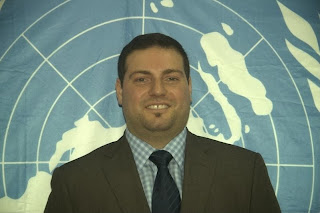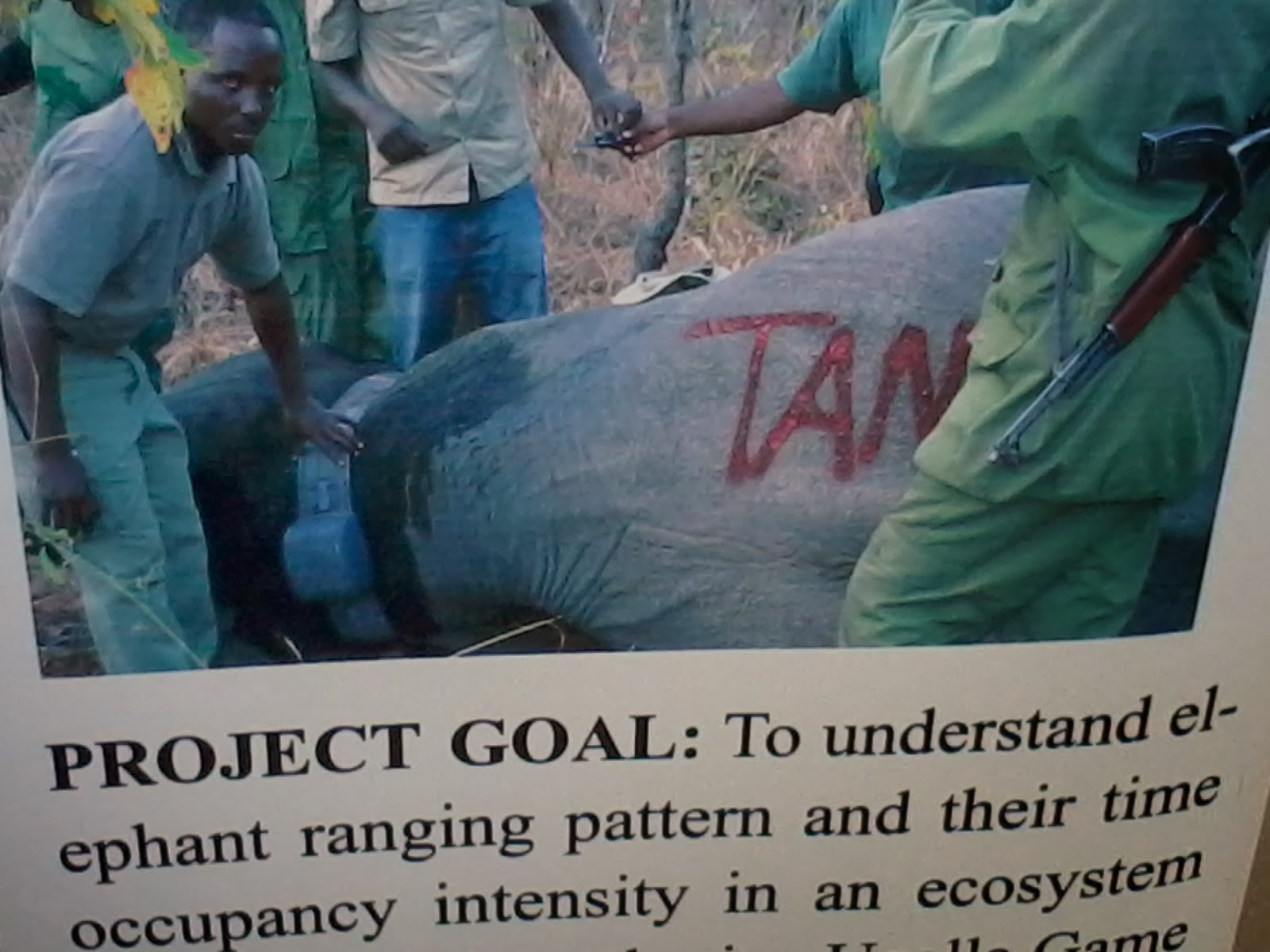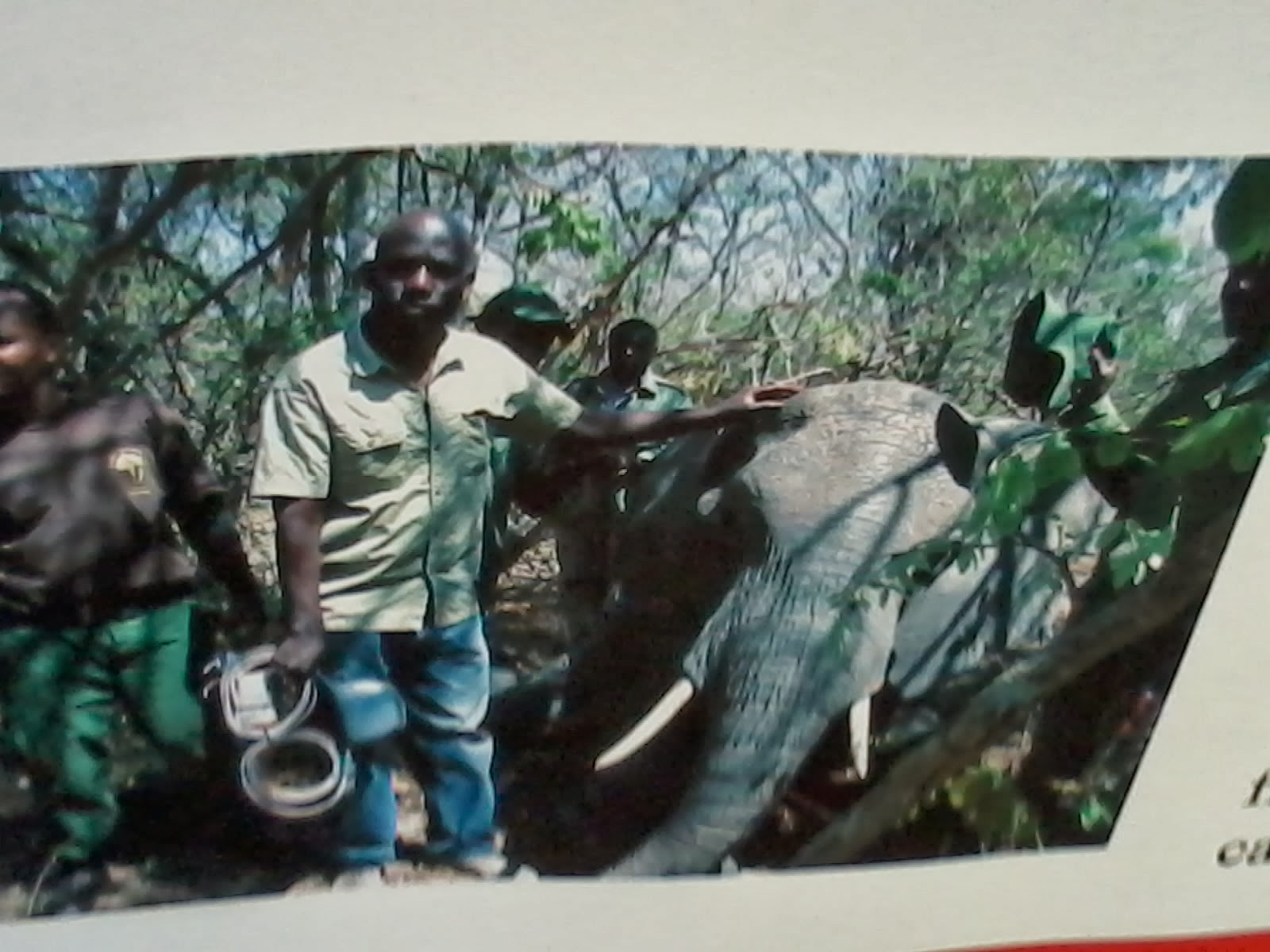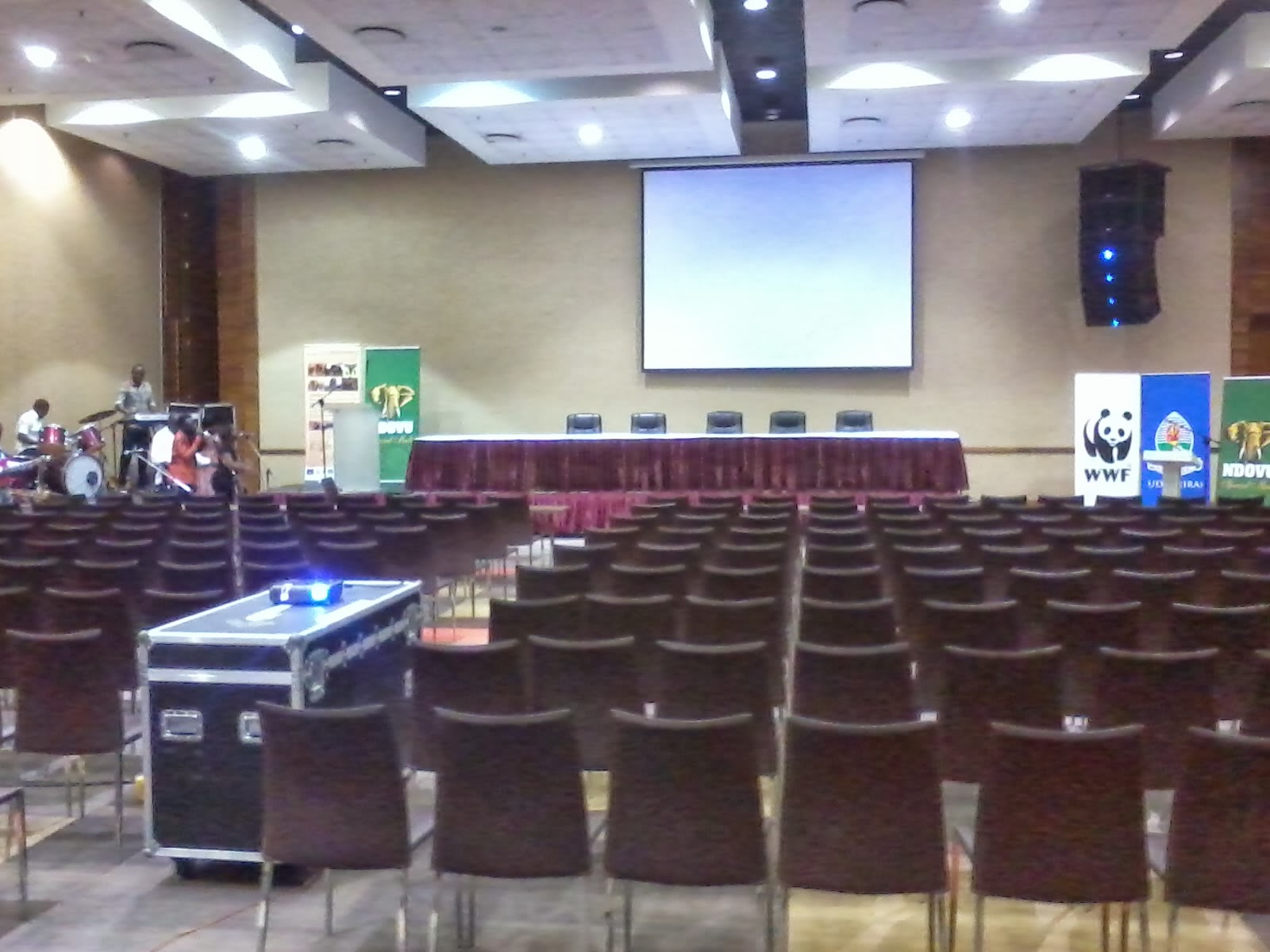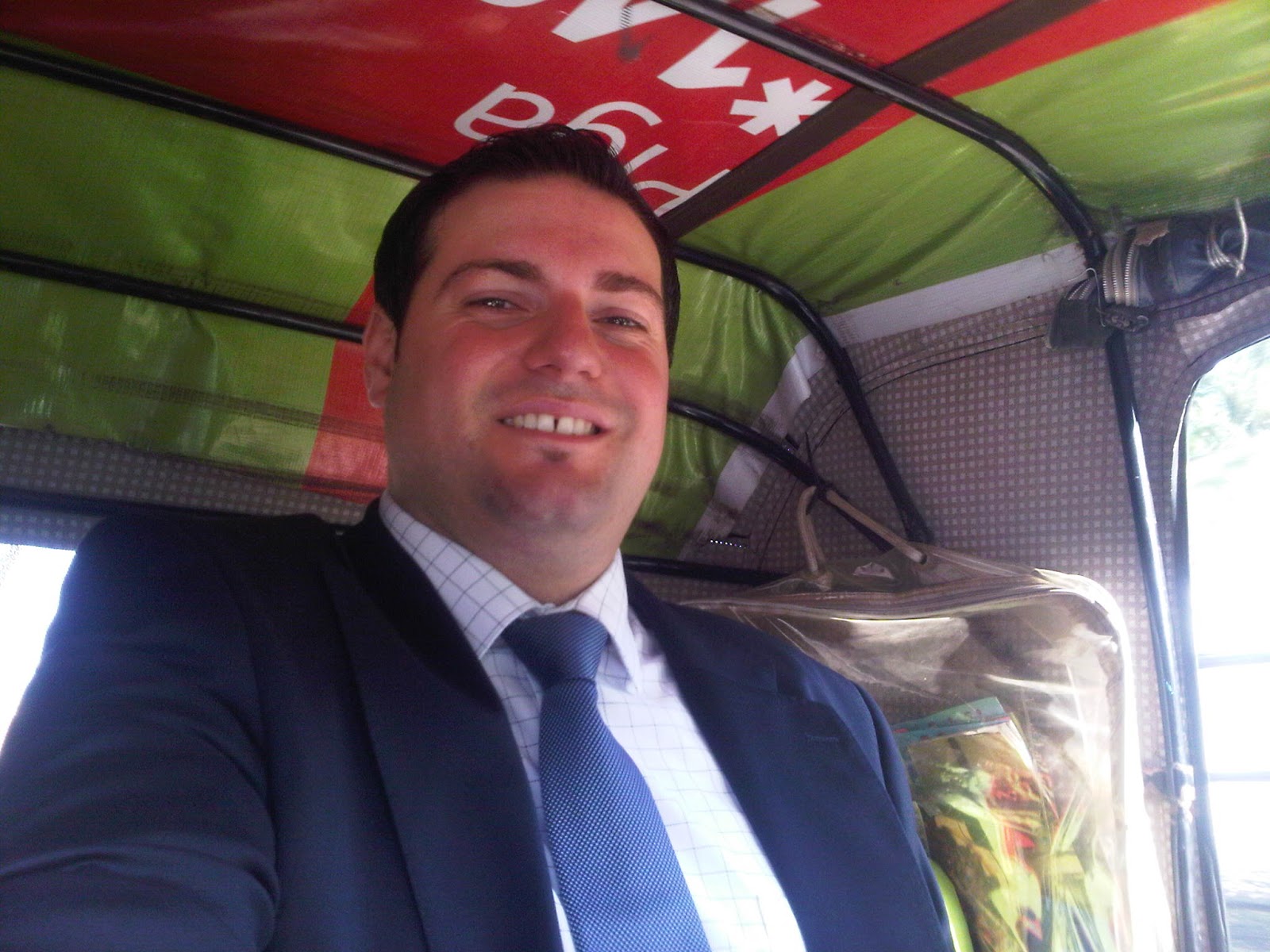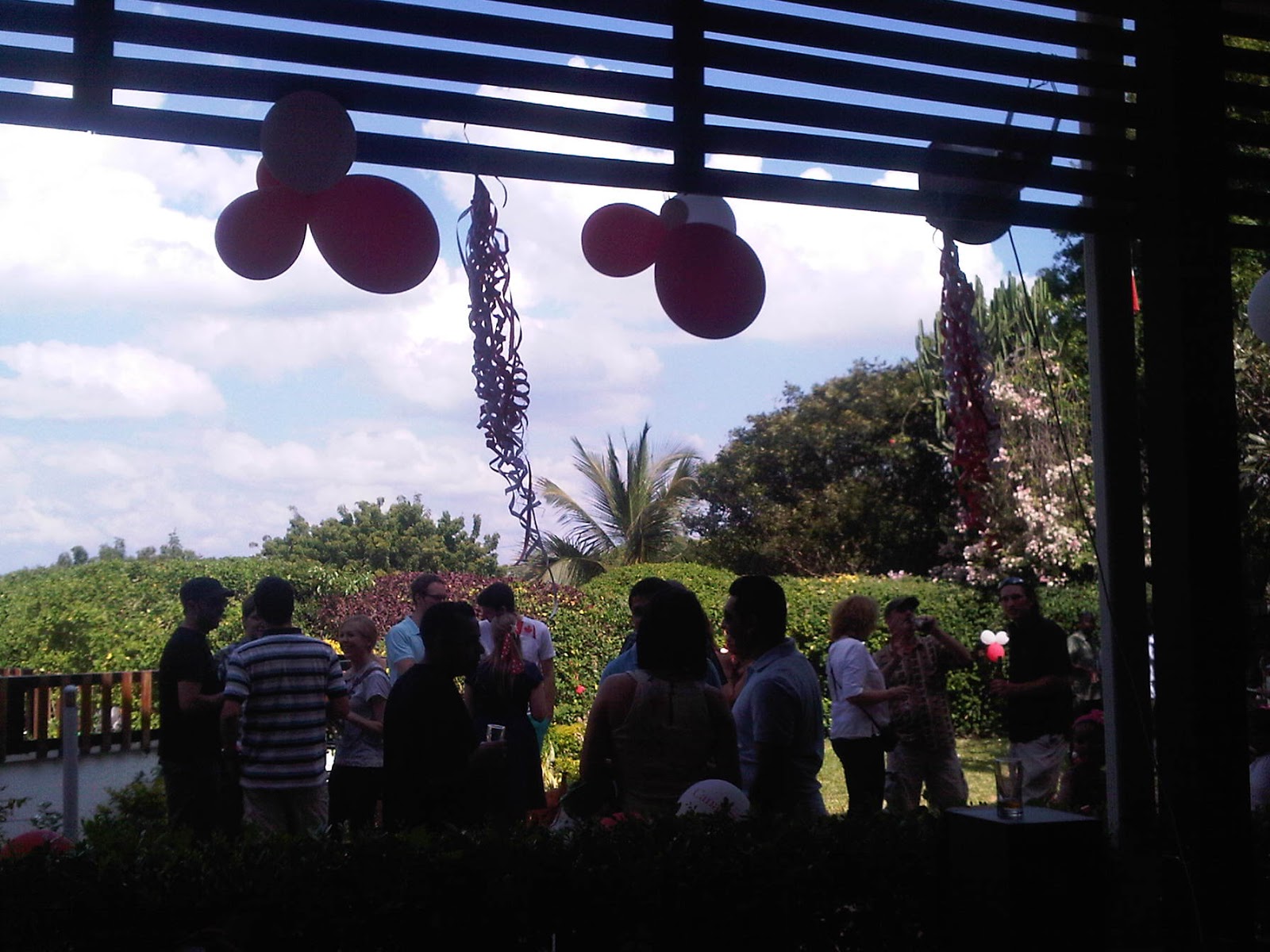Tales from the backseat of a Bajaji
August 16th, 2013.
July's blog was somewhat of a collage of the sights, sounds, tastes and experiences I encountered during my first month in Tanzania. Now that I have somewhat "settled" and somewhat developed a "who's who in the zoo" understanding of Dar es Salaam, I am modifying my blog format to try a 1-topic per blog approach...so that I can build on my stories, thoughts and feelings with time and experience surrounding various topics - rather than amass a series of chronological stories with no real rhyme or reason. This will also hopefully allow me to publish blogs faster, since I won't be reporting but rather reflecting on different topics at any given time. In the spirit of good governance I guess you can say I'm "decentralizing" my blog posts, allowing each one to have a life of its own rather than a finite lifespan...so without further adieu let us open a topic that most people in Dar es Salaam can relate to - whether local or expat - and we all have rode in at some point: The Bajaji

What is a Bajaji?
From my understanding a Bajaji or Bajaj as they are also called, is a three-wheeled, open-air (although some have vinyl zippered windows), and gasoline-powered cross between a car and a go-kart, similar to the rickshaws found in India or the Tuk-Tuks found in Thailand. They are found all over the streets, sidewalks and dirt roads of Dar es Salaam, and can reach the speed of traffic in most cases here. A friend of mine here in Dar tells me they were initially meant to help people on the outskirts of town get past the narrow roads and into the main areas where they could then take a Dala Dala (local bus) or taxi. However given their convenience of speed and comfort, they have taken advantage of their lower cost of fuel to offer a middle-road price to both foreigners and locals who do not like to sit in traffic in an expensive taxi or the cheapest of them all, but equally as slow and almost always crammed with people, Dala Dalas. Today I took my first dala-dala ride just to say I've done it but for a guy my height standing in a dala dala hunched over the people lucky enough to get seats -- not something I could get used to doing, especially to and from work in business attire.
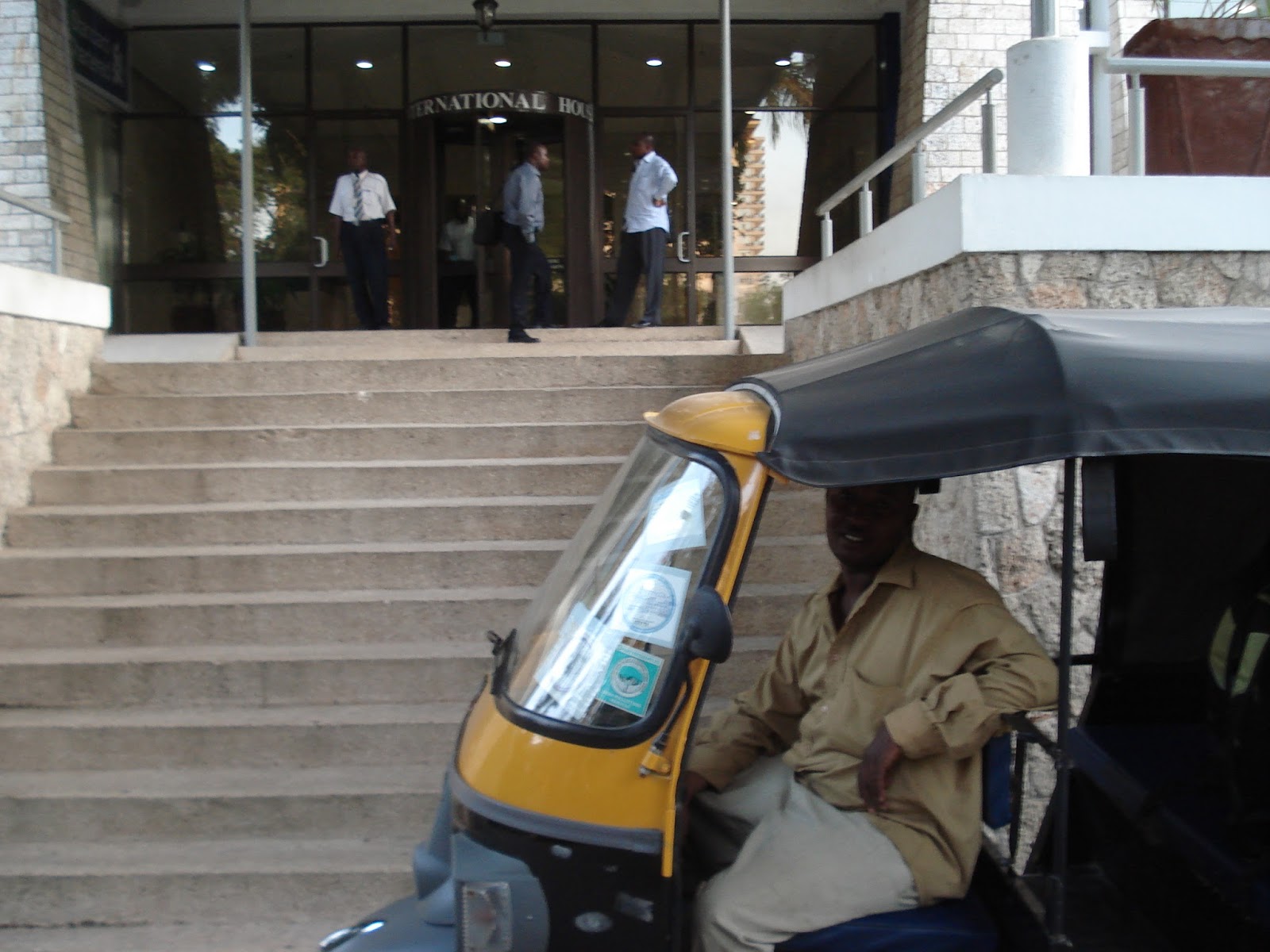 |
| Limon - my first 'regular' bajaji driver to work and back each day. |
How did I come to appreciate bajajis?
When I first arrived in Dar last June, I had no intention of buying a car nor taking a taxi to and from work each day, given the cost in both time and money associated with traffic in the city center. However, given the distance from my temporary residence, the office was not walk-able distance, so my Tanzanian friend who helped me settle negotiated a decent rate with a local bajaji driver to take me to and from work each day = 5,000 Tanzanian shillings each way. I later came to know this was the standard price for any bajaji that had to cross the dreaded Selander Bridge into or out of town, because this is the bridge that foreigners are advised not to cross on foot, for many have reported thieves jumping out of the bushes that border this bridge. For me that was enough info to know I would never attempt crossing this bridge on foot, but I have gotten close and once paid a bajaji 3,000 to literally take me from one side of the bridge to the other, so I could continue my walk home. Anyways that's another story...knowing myself I will probably not let myself leave Tanzania without crossing this bridge at least once by foot - in broad daylight of course. But maybe I'll let that one percolate a bit more ;)
The benefits of taking the bajaji:
So aside from the greater chance of being on time for work and getting home at a reasonable hour by driving on the sidewalk and slipping in-between cars almost as seamlessly as a motorbike (another thing I've never tried but is not high on my bucket-list). The 30 minute bajaji ride to and from work has been my time to plan, reflect, organize my to-do reminders in my mobile calendar; but most important of all this has been a great way to improve my Kiswahili!
It's not so much the bargaining for price, since once you find your regular driver and agree on a price the bargaining is done...but it's the small talk with the driver while he drives (I've yet to encounter a female bajaji driver here):
"Asubuhi kaka, habari gani?" = "Good morning my brother, how are things?"
"Leo, nitataka mkutano, saa moja na nussu" = "Today, I have a meeting at half past seven"
"Habari za kazi?" = "How's work?"
"Saa mchana, nitakwenda nyumbani kwa mimi rafiki" = "This afternoon, I'm going with a friend"
"Kila siku, ninapiga elfu sita shingapi" = "Everyday, I pay 6,000 shillings"
That is the extent of my bargaining strategy, to reassure the driver that he will have steady income if he picks me up each day, rather than nickel and dime for the best price. Which brings me to the next section:
Bargaining with Bajaji
To me, one of the allures of travelling is to experience the marketplace. To a certain extent, everything is negotiable, and I always return to Canada wondering how North American or European businesses got so good at convincing us to accept that since the price is printed in a menu, on a price-tag or lit up screen, we need to accept that price. Nothing could be more evident than if you've ever gone to a movie theater and paid more than $10 for one bag of popcorn and two sodas.
But then we as tourists come to Tanzania, Thailand, Dominican Republic or other destinations and are surrounded by vendors. Street vendors selling cashews, coat hangers, magazines, cell phone chargers (sometimes even cell phones without the package). They approached us so we have the bargaining power. However in the instance of bajaji, you could keep a series of drivers in your phone book to call upon when you need them, or you can walk down the street and wave, whistle, yell or something to flag one down. Empty bajajis will often honk at foreigners as they approach you to signal that they are available if you need a ride. Once you are able to curb one of them, the negotiation begins...
"Rafiki, ninakwenda sokosamaki msasani, unajua?" = "My friend, I'm going to the Msasani fish market, do you know where that is?" (drivers will seldom reply "no", to get your business, then if lost they will pull over and ask another for directions)
"Ndio? Shingapi?" = "Yes? How many shillings then?"
The conversation can go back and forth until you agree on a price or the driver leaves you to continue walking. Typically, I have a general sense of how far I'm travelling and what it usually costs to go that distance...the driver usually starts with a high price, so you don't want to get in and then be forced to pay whatever he tells you. But there are times (like today), that I had to make an important deadline and rather than negotiate, I told the driver that if he got me there on time, I would pay the price he asked. I realize this could have been somewhat of an unsafe request, but I just wanted to make sure that if stuck in a traffic jam he wouldn't just sit there, because sometimes that's what they do even if they have room to drive between cars, so now I was giving him some more incentive to take the most efficient route he knew. I could always say "pole-pole" if I wanted him to slow down ;)
I often think about the consequences of bargaining with the bajaji drivers for lower prices. I have asked my regular drivers how much they are left with at the end of the day after subtracting fuel and maintenance costs (also, some of them don't own their bajaji and have to pay a rental fee). I don't think I could survive on the equivalent of $10-20 a day in Dar, let alone support a family. But many of them do and this is still significantly higher than the average income in Tanzania. Also, they can use their vehicles for other purposes, so they are quite a good asset for a young family (unfortunately they still pollute the environment - I'm wondering why they don't make these run on rechargeable batteries?)
In any case even if you take the first price quoted for a bajaji or taxi here in Dar es Salaam, it's still half as much as what the equivalent trip would cost in the developed world. The taxi's here don't have meters and if they did I would doubt they'd start with $3.50 on the meter just for getting in the car. Still I know many expats working in Dar es Salaam who use the bajaji and try to get the lowest possible price, even to the point of yelling or walking away from the bajaji only to find he will accept the price you want to pay and drive behind you to pick you up and take you where you want to go. I just don't have the spine to be that kind of a hard bargainer when it comes to short drives. The Tanzanian shilling doesn't get smaller than 50, which is approximately equal to 8 cents. Typically prices for rides are quoted by the thousand shillings, and you could get a bajaji to take you about one kilometer for 1,000 shillings. This is borderline hitch-hiking. Except with any livelihood activity their needs to be a markup in order to give the worker some incentive to conduct the income-generating activity as opposed to just everyone being a farmer or fishermen to feed themselves. I try to remind people that when a bajaji is asking you for an extra 500 shillings instead of the price you want to pay, that is less than 50 cents. Is it really worth all the back and forth? You are entrusting your safety to a driver of a vehicle that does not contain seatbelts...maybe it's better to start off on the right foot than get into the cart with a disappointed driver. Your decisions could be the difference between a starch-filled diet and a healthy one for his family. And if you are really on such a tight budget - there's always the dala-dala ;)

 While I had much "real-world" experience to share with the class of over 90 Post-Graduate students, I challenged myself to connect my work experience and exposure to the very curriculum that the students were learning in their International Development course. This happened to coincide with a discussion about Human Development Indicators and the Human Development Index (HDI). For those who don't know, the Human Development Index is the one value that economists Manbub uh Haq and Amartya Sen coined in 1990, used to rank countries in their levels of human development based on a composition of life expectancy at birth, education, health and income. While this formula later evolved to factor inequality margins into the equation, it has remained the focus of the annual United Nations Human Development Report, which has been published since 1990.
While I had much "real-world" experience to share with the class of over 90 Post-Graduate students, I challenged myself to connect my work experience and exposure to the very curriculum that the students were learning in their International Development course. This happened to coincide with a discussion about Human Development Indicators and the Human Development Index (HDI). For those who don't know, the Human Development Index is the one value that economists Manbub uh Haq and Amartya Sen coined in 1990, used to rank countries in their levels of human development based on a composition of life expectancy at birth, education, health and income. While this formula later evolved to factor inequality margins into the equation, it has remained the focus of the annual United Nations Human Development Report, which has been published since 1990. 